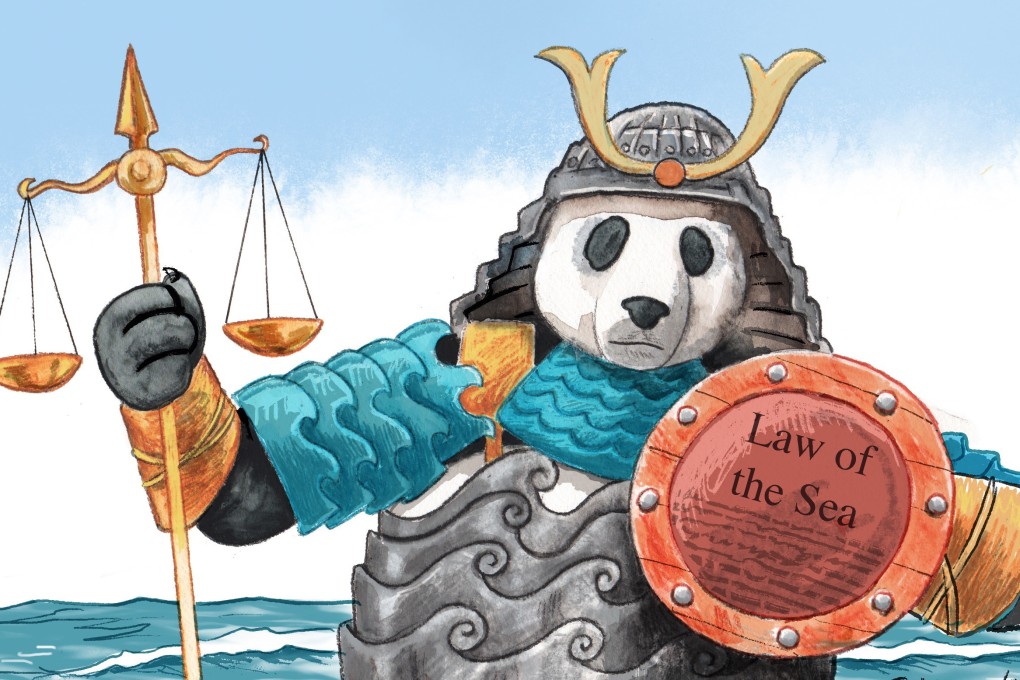Opinion | After South China Sea setback, Beijing seeks to arm itself with international law – like the West
- China is learning from Western powers that it can ignore decisions it doesn’t like and manipulate international law – as long as it cultivates an army of patriotic lawyers

Its acceptance of the need to upgrade its capacity in international law is not likely to be driven by a new-found desire to abide by it. Rather, it is likely to stem from more practical political motives, such as defending against its use by Western powers, particularly when it comes to the law of the sea, and an intention to emulate them by using international law to protect China’s interests and achieve its goals.
International law is a set of rules, norms and standards governing the conduct of states and their relations with each other. It is guided by treaties and conventions, customs (state practices), general principles of law, and judicial decisions and teachings.
Moreover, there is no universal supranational enforcement mechanism. Indeed, some cynics describe international law as “the arms of politics”: where nations use self-serving interpretations and practices to achieve their political goals.

